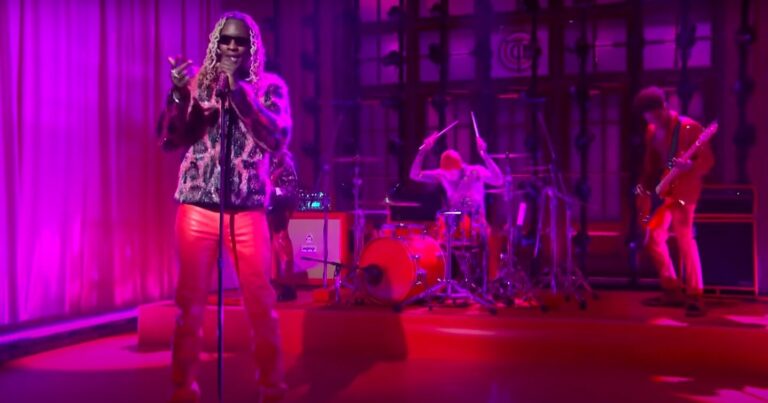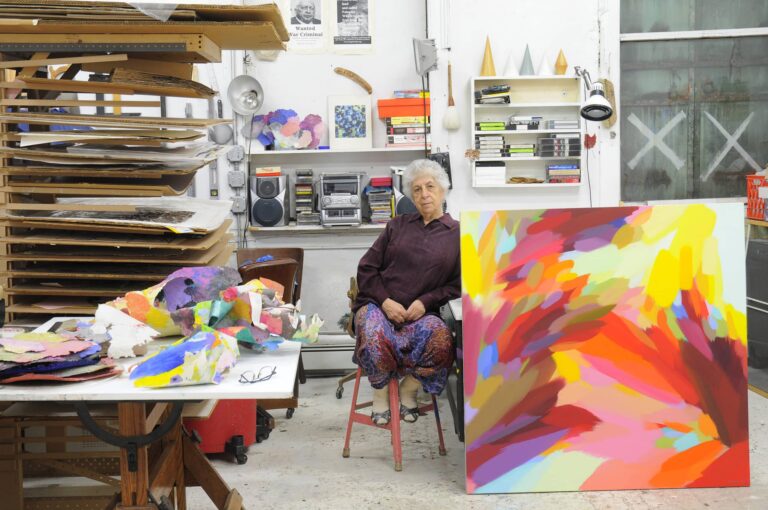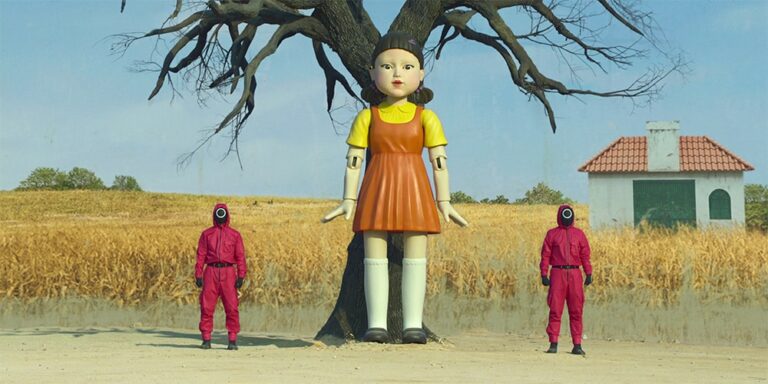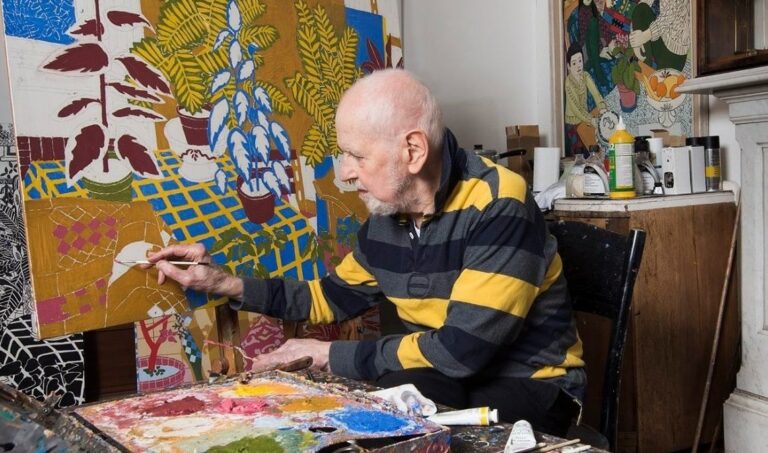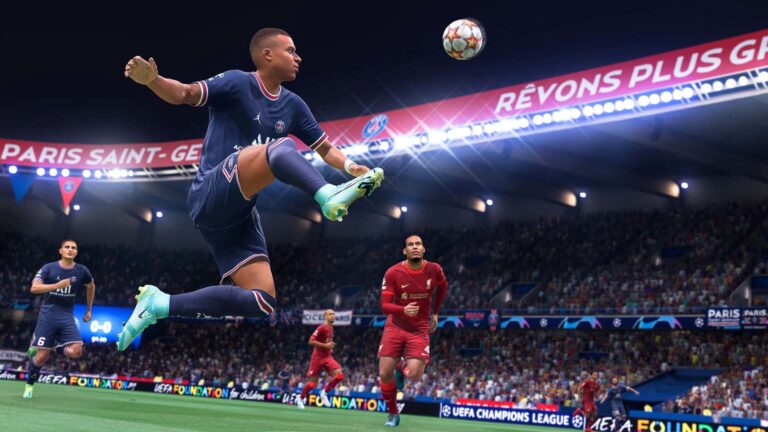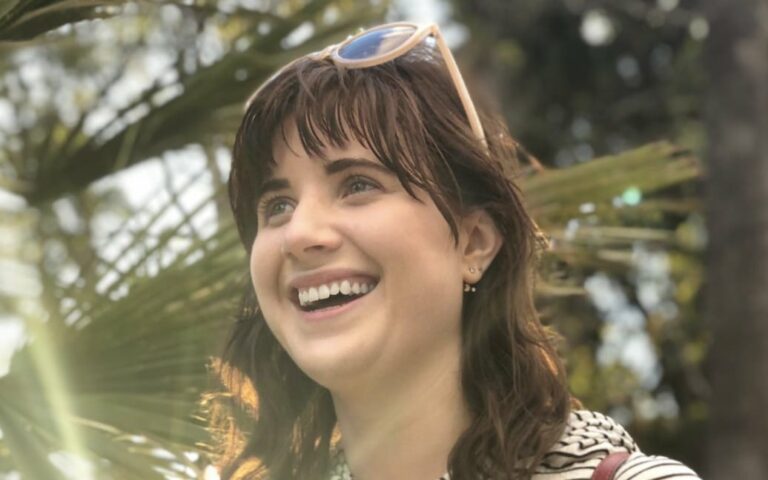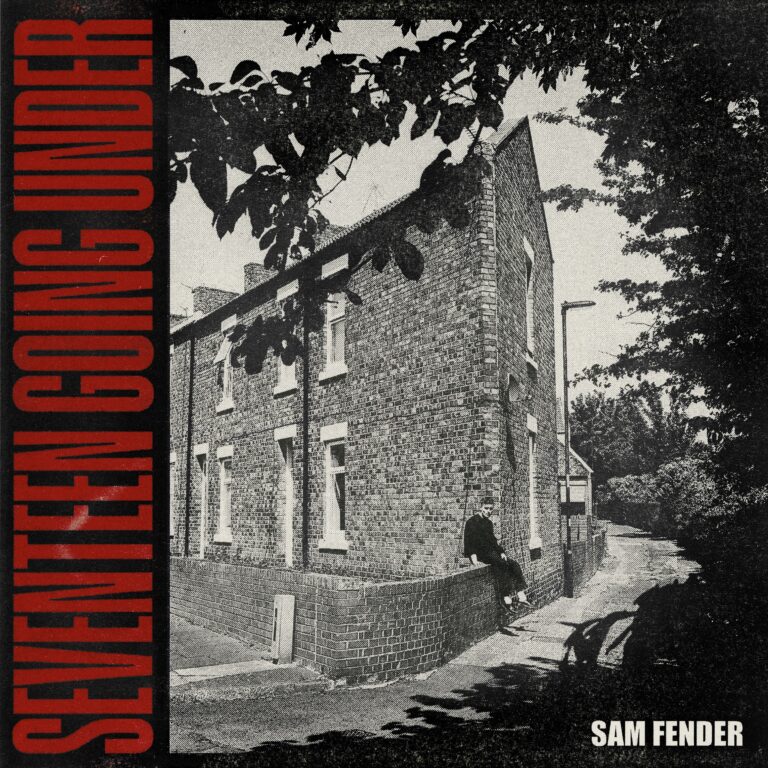Las Vegas art galleries are worth visiting from two significant points of view – one about the art and the gallery itself. First, you’ll see that many world-class artists have their works displayed in selected Las Vegas Art Galleries.
For example, there is an extensive collection by Ed Mell at several galleries in town. So, if you’re into art, you’ve probably heard everything about them already.
Second – if you’re not very familiar with modern art yet – Las Vegas Art Galleries are an excellent place to start your journey. You’ll find a variety of styles in one place. The following are some of the top art galleries worth visiting in Las Vegas.
Bellagio Gallery of Fine Art
Located at the Bellagio Hotel and Casino, on the famous Las Vegas Strip, Bellagio Gallery of Fine Art (or Bellagio Gallery for short) is one of the more popular attractions in Las Vegas.
It’s an art gallery that displays works from some of the most notable artists in recent history; Monet, Picasso, Van Gogh, Remington (and others) are just a few of the artists you’ll find on display here.
Bellagio offers free entry but has paid ticketed exhibitions. Visitors to Bellagio can admire several different collections, including paintings, sculptures, and ceramics. There are around 350 works on display in total, with over 50 pieces being rotated each month. The gallery is home to art from ancient times right through to the twenty-first century.
Each piece has been chosen to showcase the best examples of different styles and periods, with something for everyone. Themed exhibitions are held throughout the year. The gallery itself is elegant and intimate, offering a perfect place to escape the bright lights of Las Vegas outside its doors.
Andrea Fisher Fine Art
Andrea Fisher Fine Art is a small gallery with a variety of artworks, from paintings to sculptures. That’s where you’ll find live canvases – you can enjoy watching artists paint in front of your eyes! How cool is that? Gambling is arguably the top attraction for tourists in Las Vegas.
However, you can visit online casinos while exploring the city. You will also like the Gallery of Contemporary Art idea because artists can sell their works directly to the public without any intermediaries. That’s also why their prices are lower than what you’ll find at more extensive galleries.
Barrick Museum
The Barrick Museum is an art museum on the University of Nevada, Las Vegas campus. It is used for university classes and public events. The permanent collection has over 7,000 works, including Persian antiquities, Asian ceramics, ancient Peruvian textiles, contemporary American paintings, international folk art, and a modern sculpture court. The Barrick Museum also features a variety of temporary exhibitions each year.
The permanent collection includes Andy Warhol, Pablo Picasso, Georgia O’Keeffe, Robert Rauschenberg, and other 20th-century artists. The main galleries are located on the first floor of Barrick Library. The second-floor sculpture court has additional works that can be viewed anytime.
There is no charge to visit the museum or take a tour, but donations are accepted. Also, guided tours are available for $20 per person.
Neon Museum
Neon Museum is a non-profit organization that has collected and preserved more than 150 neon signs from casinos (and other ventures) along the famous Las Vegas Strip, each with its own unique history. While walking through this outdoor museum, you will not only be impressed by the pieces of art but also wonder how many of these signs are still in use today.
The city is starting to realize that this could be an excellent way to monetize the collection because they recently announced that four signs used to decorate casinos would be put back into place (for at least five years) and turned on again.
The $12m investment will breathe new life into the iconic signs and begin a process of transforming the downtown landmark into a year-round attraction.
The city is working with Vegas companies that will keep the cost as low as possible, but there is no doubt that it could be an excellent income source. In addition, they are also looking into turning some of the signs which were not restored yet into LED signs which would also increase the revenue.
Centerpiece Gallery
The centerpiece is a unique space that offers art, design, crafts, and vintage items. Its mission is to provide beautiful, functional products that are thoughtfully produced.
They are an extension of a home decor store located in Las Vegas, but now with an internet presence where everyone can shop for their homes anywhere in the world! They vow to continue curating an extensive collection of eclectic items that they know their customers will love.
Centerpiece Las Vegas showcases emerging and established artists from around the world. They have a lot of art openings, which you can find out about by following their page on Facebook. You can also follow them on Instagram, where they highlight some of their favorite pieces from the shop.
Trifecta Gallery
Trifecta Gallery Las Vegas is a contemporary art gallery and project space located on the corner of Main and Charleston at the Arts District of Downtown Las Vegas. The gallery”s founder is Domenico De Sole, who founded Modernism, Inc., which developed and sold luxury brands such as Versace Home Furnishings, Cavalli, and Bottega Veneta, which operates as a private family office.
The gallery represents contemporary artists and photographers from around the world and specializes in collectible works of art from various periods spanning from the 1950s to the present day.
SKYE Art Gallery
Skye Art Gallery is a gallery located in the art district of downtown Las Vegas. It gives artists a space to have their original works on display and sell them directly to the public without having to use traditional methods of self-promotion or intermediaries. The goal is for the art to sell itself so that artists working here can continue doing what they love.
All kinds of art are shown at Skye, including paintings, sculptures, photos, and ceramics. They also feature live musical acts for entertainment that vary from week to week or by a special event
